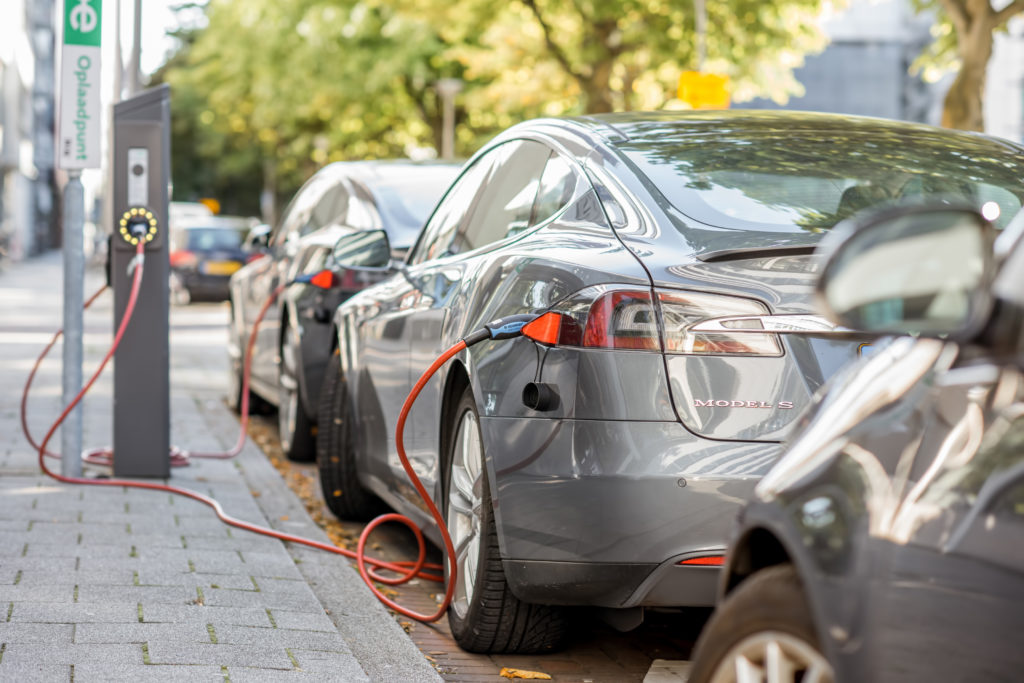
Photo: Shutterstock
WASHINGTON, D.C. (December 18, 2018) – Leading environmental, scientific, transportation, health, and business organizations working to advance modern, clean, equitable and low-carbon transportation celebrated an announcement today from nine Northeast and Mid-Atlantic governors and the Mayor of Washington, D.C. to move forward with a regional clean transportation initiative.
These 10 members of the Transportation & Climate Initiative (TCI) will now transition from a year-long public comment phase, which engaged communities, businesses and stakeholders across the region, to begin crafting policies and programs to address their transportation challenges, improve mobility, provide more transportation options and curb the largest source of pollution that contributes to climate change.
Today’s announcement marks the next big step for a handful of states and the District of Columbia that pledged to begin development of a regional policy during the Bonn Climate Change Summit in November 2017. With the addition of Pennsylvania Governor Tom Wolf, Virginia Governor Ralph Northam, and New Jersey Governor Phil Murphy, the regional clean transportation initiative is demonstrating growth and strong momentum that could prompt more states to join in support of a regional plan.
Leading transportation policy experts commented on the recent announcement by the Governors of CT, DE, MA, MD, NJ, PA, RI, VA and VT, and Mayor of Washington, D.C.
“The health and economic well-being of people and our planet depend on bold action today to create a transportation system for the future,” said Amy Laura Cahn, director, Healthy Communities & Environmental Justice program at Conservation Law Foundation. “Environmental justice communities have the fewest resources to adapt to the impacts of climate change but have long borne the greatest burdens of pollution and transportation inequity. We welcome a regional problem-solving approach, but our most disadvantaged residents must have a seat at the table.”
Click here for the full release.
